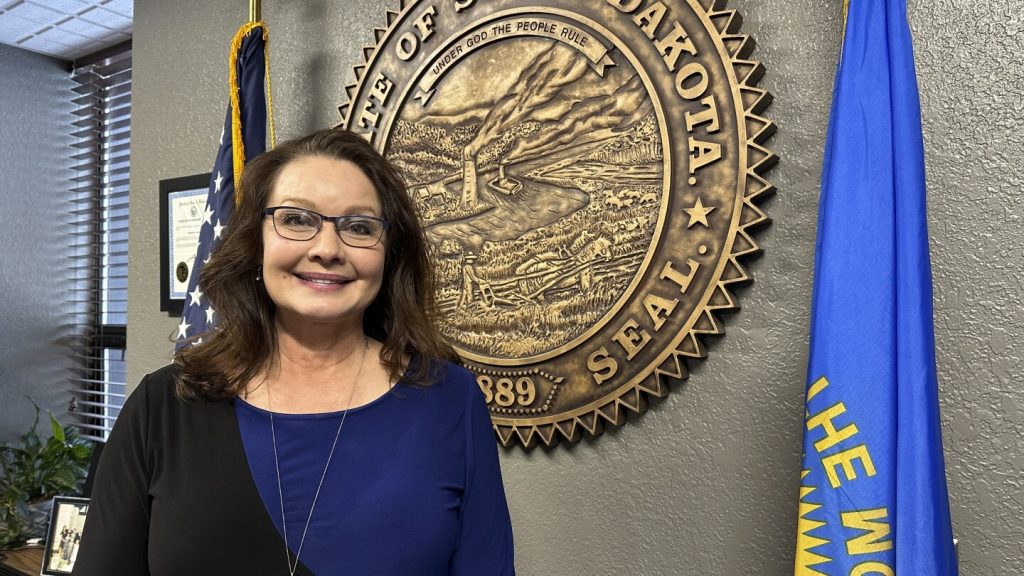South Dakota recently removed 273 individuals from its voter rolls due to a mistake made by state agency employees who incorrectly marked the residents’ citizenship status on a government form. The Department of Public Safety announced that these individuals, who were classified as “noncitizens,” had been inadvertently registered to vote. The removal was part of a review to ensure the integrity of South Dakota’s elections and to prevent improper voter registration. While the state initially did not provide a reason for the removal, the state Division of Elections Director Rachel Soulek later explained that it was a result of human error by DPS employees.
Upon learning about the situation, the South Dakota attorney general’s office has been notified. Republican Secretary of State Monae Johnson emphasized the importance of safeguarding the integrity of the state’s elections and commended the thorough work done to protect South Dakota’s voter rolls. Johnson stated that the state collaborated with DPS to address the issue and is continuously striving to ensure that only eligible citizens are participating in elections. The move sparked criticism from the American Civil Liberties Union of South Dakota, which called for the reinstatement of the affected voters and argued that the removal violated the National Voter Registration Act’s deadline of 90 days before federal elections for systematic voter-list maintenance.
Following the removal of individuals from the voter rolls, the ACLU of South Dakota sent a letter to Johnson’s office with inquiries about the situation. ACLU spokesperson Janna Farley mentioned that the organization is awaiting a response before making any further comments. South Dakota currently has approximately 682,000 registered voters, with over 617,000 considered active by Johnson’s office. The state began early voting for the November general election, with absentee voting starting on September 20th. Voters in South Dakota will be deciding on several significant ballot questions this fall, including measures related to abortion rights, marijuana legalization, and the repeal of the state food tax. The reporting on this development was done from Bismarck, North Dakota.


